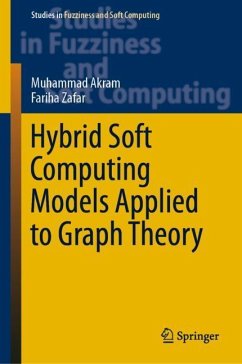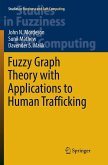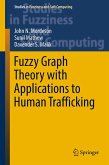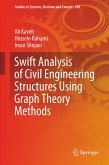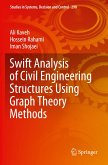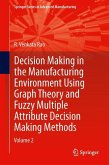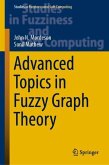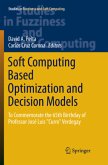This book describes a set of hybrid fuzzy models showing how to use them to deal with incomplete and/or vague information in different kind of decision-making problems. Based on the authors' research, it offers a concise introduction to important models, ranging from rough fuzzy digraphs and intuitionistic fuzzy rough models to bipolar fuzzy soft graphs and neutrosophic graphs, explaining how to construct them. For each method, applications to different multi-attribute, multi-criteria decision-making problems, are presented and discussed. The book, which addresses computer scientists, mathematicians, and social scientists, is intended as concise yet complete guide to basic tools for constructing hybrid intelligent models for dealing with some interesting real-world problems. It is also expected to stimulate readers' creativity thus offering a source of inspiration for future research.
Bitte wählen Sie Ihr Anliegen aus.
Rechnungen
Retourenschein anfordern
Bestellstatus
Storno

